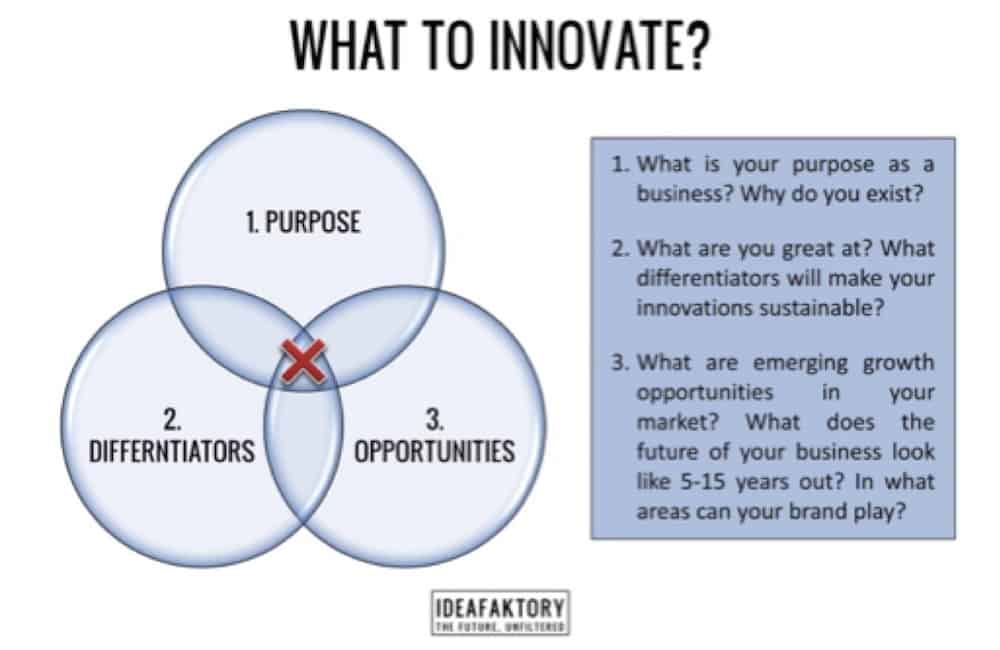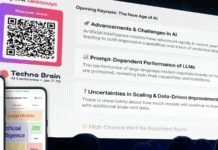
Steve Faktor is CEO of IdeaFaktory, a growth and innovation consultancy.
He’s the provocative host of The McFuture Podcast, a popular keynote speaker and LinkedIn Influencer. He has also been former head of the American Express Chairman’s Innovation Fund, senior executive at Citi and MasterCard and Andersen consultant. In his next book, “New Rules for Succeeding in a World with Too Much of Everything,” Faktor will discuss how innovation, economics and culture transform how companies, governments and individuals must function in our society. In this Shakedown, he weighs in on today’s big ideas and how meeting planners can help facilitate future innovation.
What do you consider to be the biggest “idea” being discussed right now?
There’s a lot to choose from—self-driving cars, blockchain, internet of things, drones and so on. I look at it from two perspectives: magnitude and relevance. The most relevant and big idea is Universal Basic Income (UVI). It’s not so much about the idea itself, which has substantial flaws, but the recognition that our economic system needs reinvention. Ours is failing miserably to provide for those marginalized by the onslaught of automation and outsourcing. So I welcome the UBI experiments in places like Canada and Finland. We need the data to inform alternative models.
My second choice is artificial intelligence (or AI). It’s far less relevant right now, but it improves on a logarithmic scale. In AI are the seeds of our liberation—or extinction. And we won’t get to decide. How can you not be excited by sci-fi coming to life? We’re all about to become stars in either “The Matrix Resuscitated” or “Wall-E, Part Deux.”
Why are so many of today’s products not considered “innovative”?
There are a several forces that make it look that way. First, the First World is running out of problems. Think of all the things you own—clothing, food, car, furniture—what percentage of the people in your life had anything to do with making any of those things? I bet it’s close to zero. The essentials have been automated, outsourced and optimized. As a society, most of us have exited the realm of necessity into one of relative luxury. That means most of us work on solving increasingly marginal, abstract problems.
Second, it’s who’s doing the innovating. Silicon Valley represents a huge chunk of American innovation, but it’s fairly homogeneous. Young, affluent guys from Stanford or MIT tend to solve problems that reflect their lifestyle and narrow range of experiences.
Third, there’s more of everything. Just like we have to sift through a tsunami of media to find real news or TV worth watching, same goes for innovation. The proportions of good to bad are likely the same as always, but the sheer volume of bad has skyrocketed and skews perception. The good news is there’s plenty of real innovation happening: life extension technologies in biotech, renewable energy, AI, genetic research, sustainable agriculture and many more. Since many are B2B, we have to work harder to discover them.
What top three things do corporations need to be doing to get better at innovation?
Many of the companies I work with often know what they need to do. At the very least, clues are scattered across their PowerPoints and whiteboards. Much of the problem lies in cultural inertia. For people and organizations, change is a herculean effort. And innovation is change. Opportunistic innovation is the hardest. It’s not a strong enough motivator in large organizations, where failure is often punished. So failure—or fear of it—becomes the one true motivator.
To avoid getting to that point, every company must recalibrate. It needs a filter that helps them choose what to do and what not to, which involves answering three questions:
- Why do you exist? What is your purpose as a business? Just as with individuals, oceans can separate perception from reality. I’m maniacal about sorting truth from fiction. For example, if you’ve never acquired or invested in another company, but think M&A will save you, we need to talk.
- What are you great at? What differentiators will make your innovations sustainable?
- What are emerging growth opportunities in your market? What does the future of your business look like five to 15 years out? Here, we look specifically in areas your brand has permission to play. Kardashian Inc. might be great at selling clothes or make-up, but you might not turn to Kim or Khloe for financial planning or earthmoving equipment.
At the nexus of all three is where we start building growth hypotheses and identifying specific innovation opportunities. And as importantly, rejecting those that don’t fit.
How can meeting planners help facilitate that innovation?
Event planners have incredible power as gatekeepers to knowledge. But as Uncle Ben told Peter Parker, “With great power comes great responsibility.” The gap between truth and fiction is growing. On one hand, we’re manufacturing reality, scrolling through everyone’s perfect moments on Instagram or Facebook. Meanwhile, there are protests on the streets, opioid addictions and an undercurrent of emptiness spreading across therapists offices and yoga studios nationwide. So which world are you shipping products to? The one that is—or the one obstructing it?
Mass gatherings are opportunities to create experiences that let people see the world for what it is and what it could be. It’s a chance to challenge, debate and provoke—to get people to see themselves differently and force collisions of unlikely ideas. I emphasize the word collision because innovation is conflict. If it feels comfortable, you’re doing it wrong. You’ll never get to the better place. Planners brave enough to accept the challenge can help bring people to the better place. They will be remembered.










